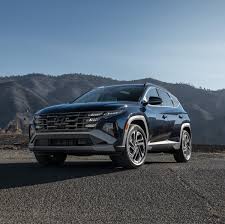
Introduction
Hyundai has recently announced a significant recall affecting thousands of vehicles worldwide. With the automotive industry facing increasing scrutiny over safety standards, recalls have become a critical aspect for both manufacturers and consumers. Understanding these recalls is vital for vehicle owners to ensure safety and compliance with regulations.
Details of Recent Recalls
On October 10, 2023, Hyundai Motor Company confirmed the recall of over 90,000 vehicles in North America due to potential fire hazards. This recall impacts various models, including the 2020-2021 Hyundai Kona and the 2017-2020 Elantra. The National Highway Traffic Safety Administration (NHTSA) highlighted that overheating electrical wires could lead to fires even when the vehicle is parked.
Hyundai’s proactive response came after several reports of incidents where vehicles caught fire while in motion or parked. The company stated that they would notify affected vehicle owners and will offer free inspections and repairs. In some cases, the ignition coils, which may have been improperly manufactured, will be replaced to prevent any potential fire risks.
Additional Context
This recall comes amidst a growing trend in the automotive industry, where manufacturers are compelled to address safety concerns more transparently. In 2022 alone, Hyundai recalled over 100,000 vehicles worldwide for various safety issues ranging from airbag malfunctions to transmission failures. The company’s commitment to maintaining vehicle safety highlights the importance of compliance with federal standards and caters to consumer confidence.
Conclusion
For Hyundai owners, staying informed about recalls is crucial. To check if your vehicle is affected by the latest recall, you can visit the Hyundai website or contact your local dealer. The NHTSA website also provides updated information on recalls and safety standards. With safety taking precedence, it’s essential for consumers to heed these notifications to keep themselves and others safe on the road. As technology in vehicles continues to evolve, the frequency of recalls might increase, underscoring the need for vigilance on the part of manufacturers and consumers alike.



